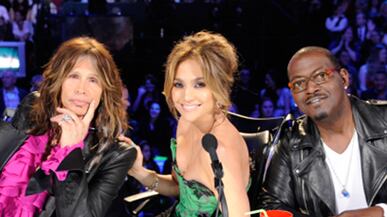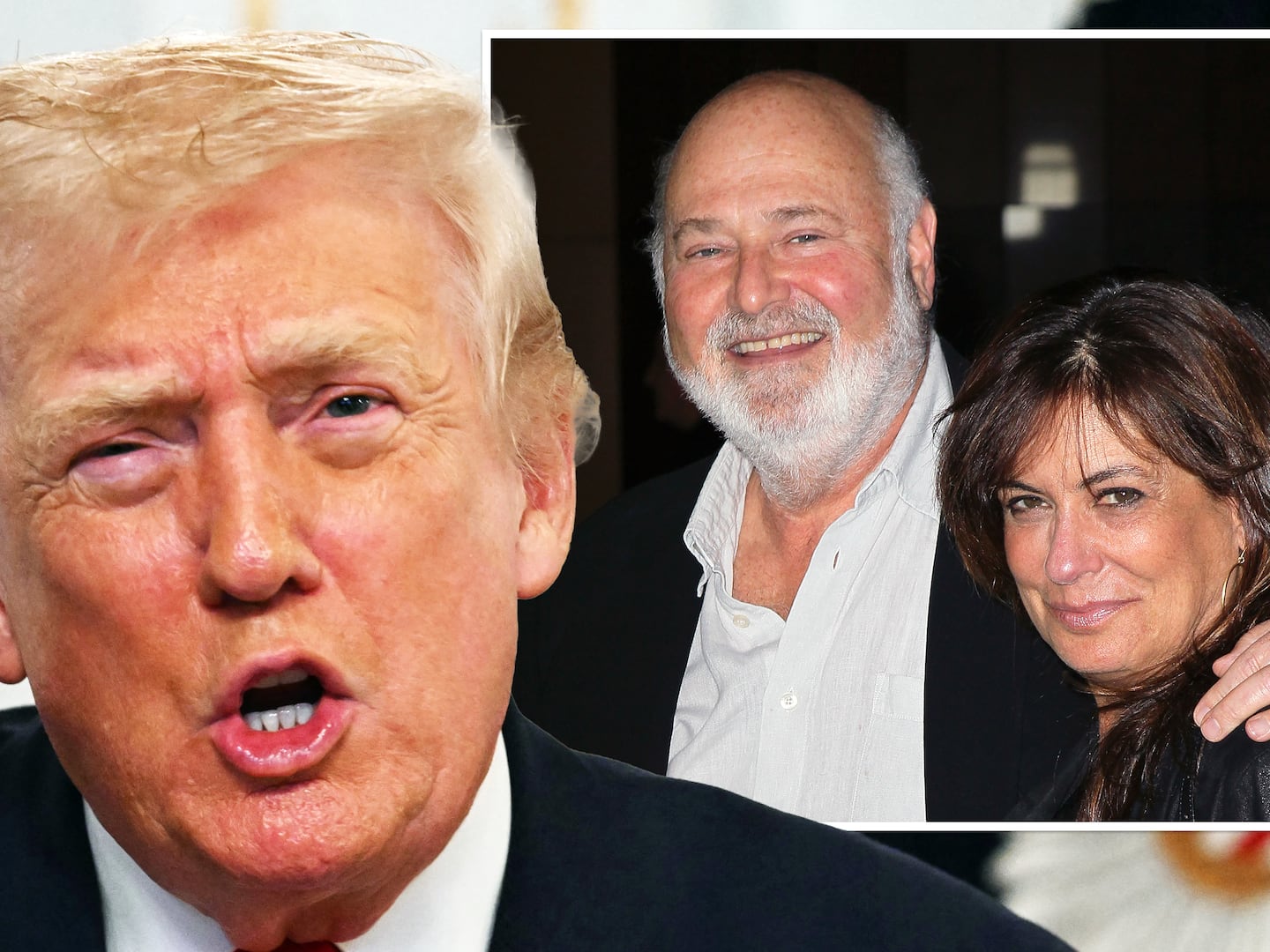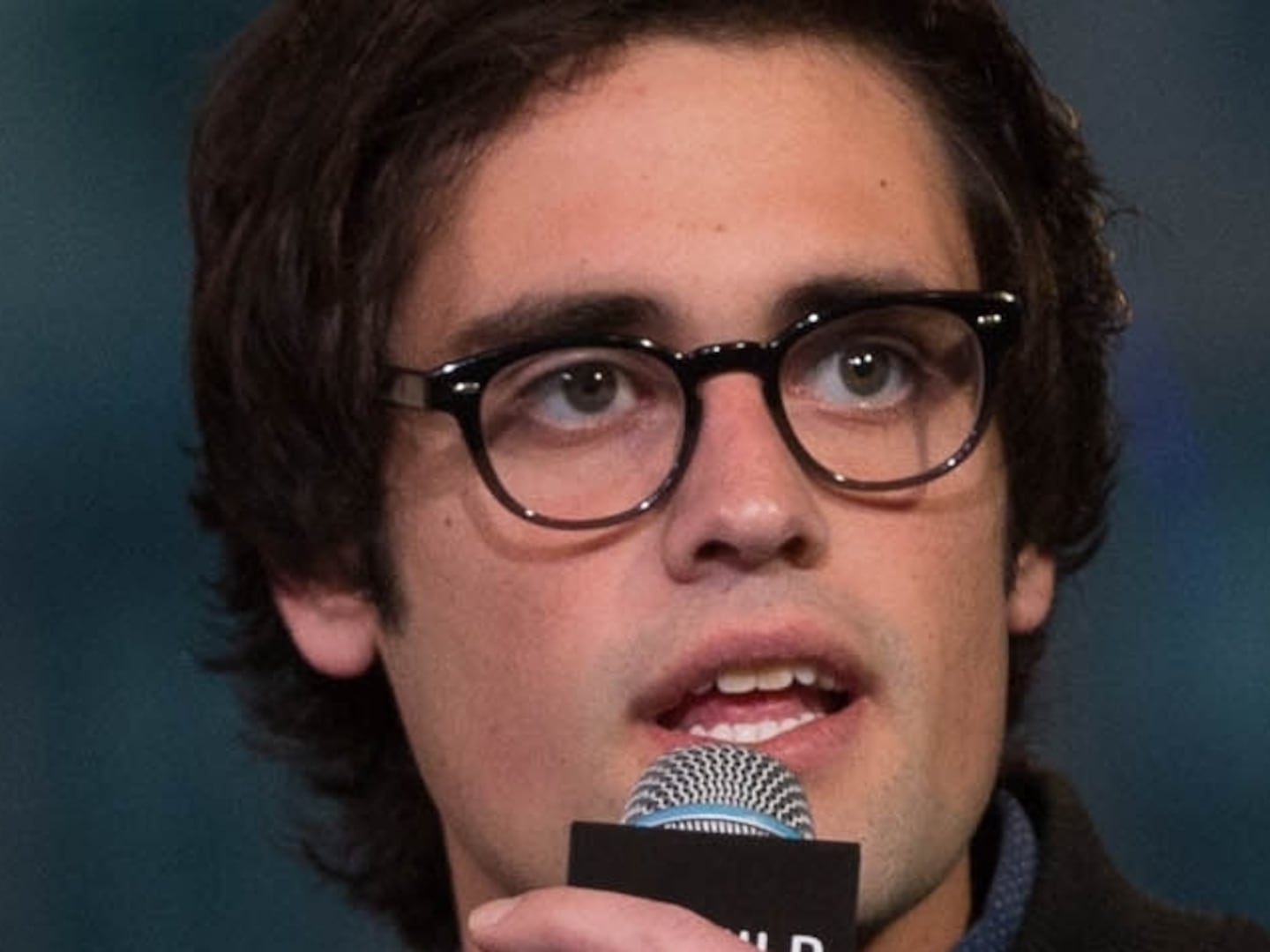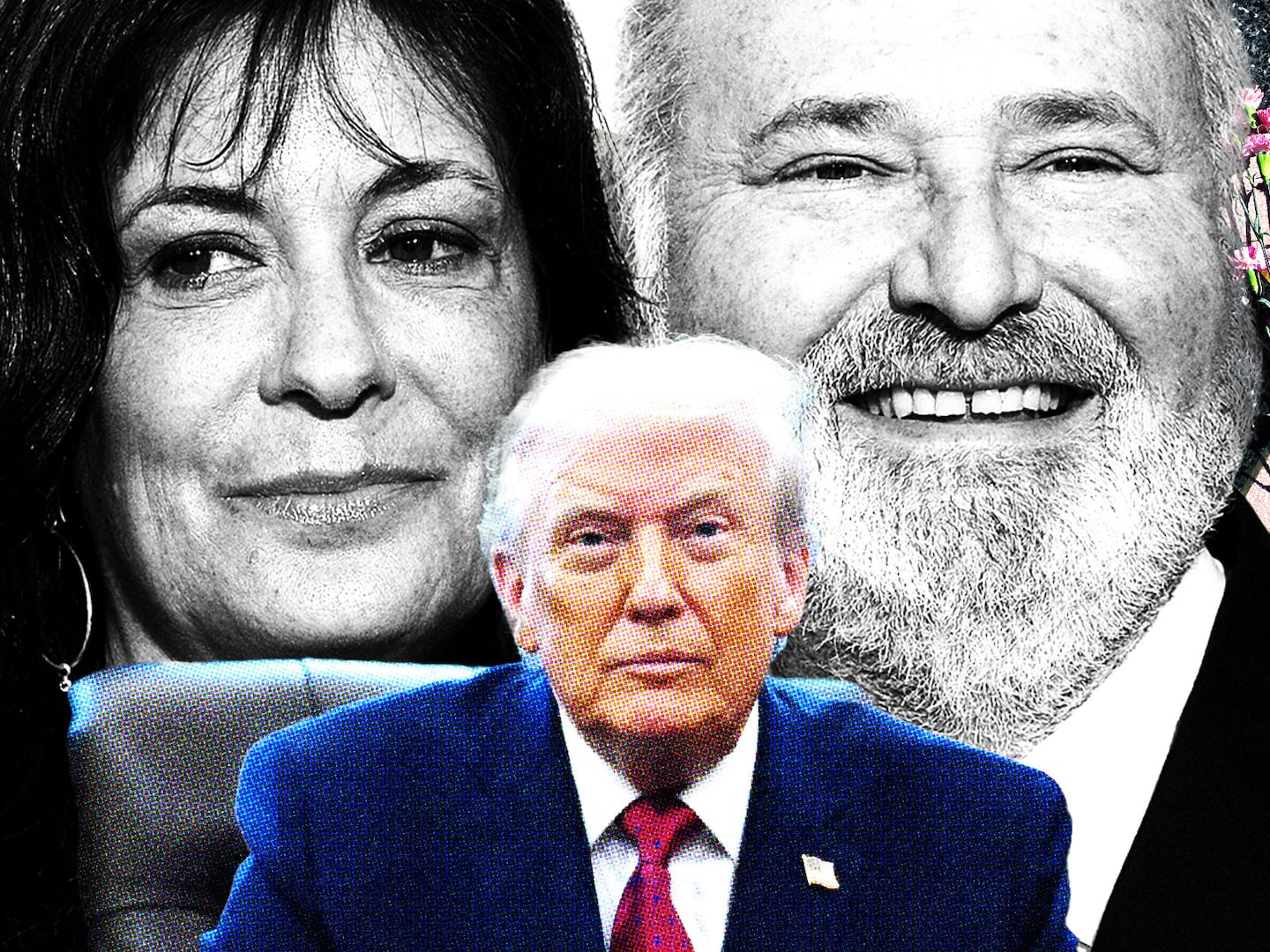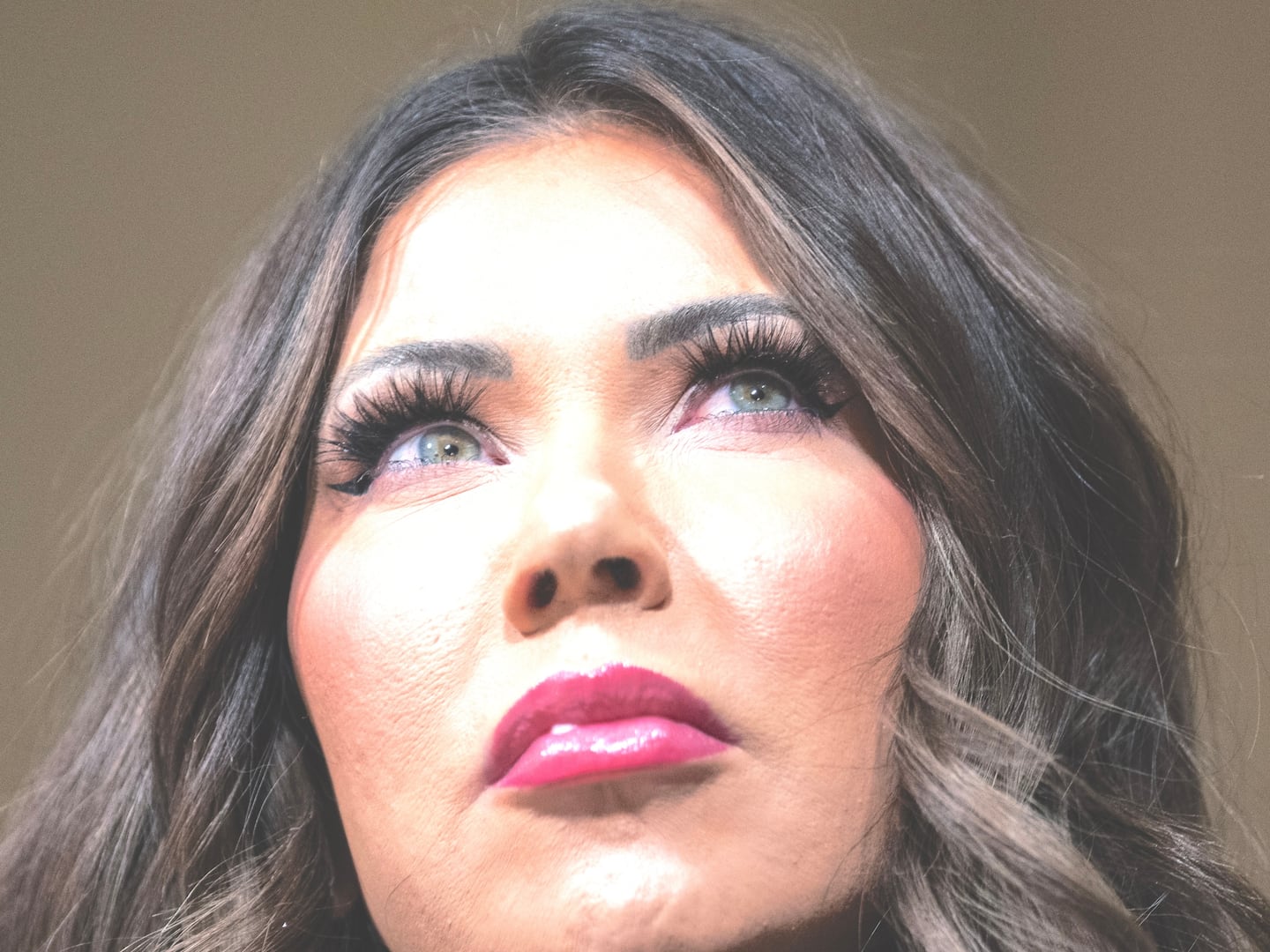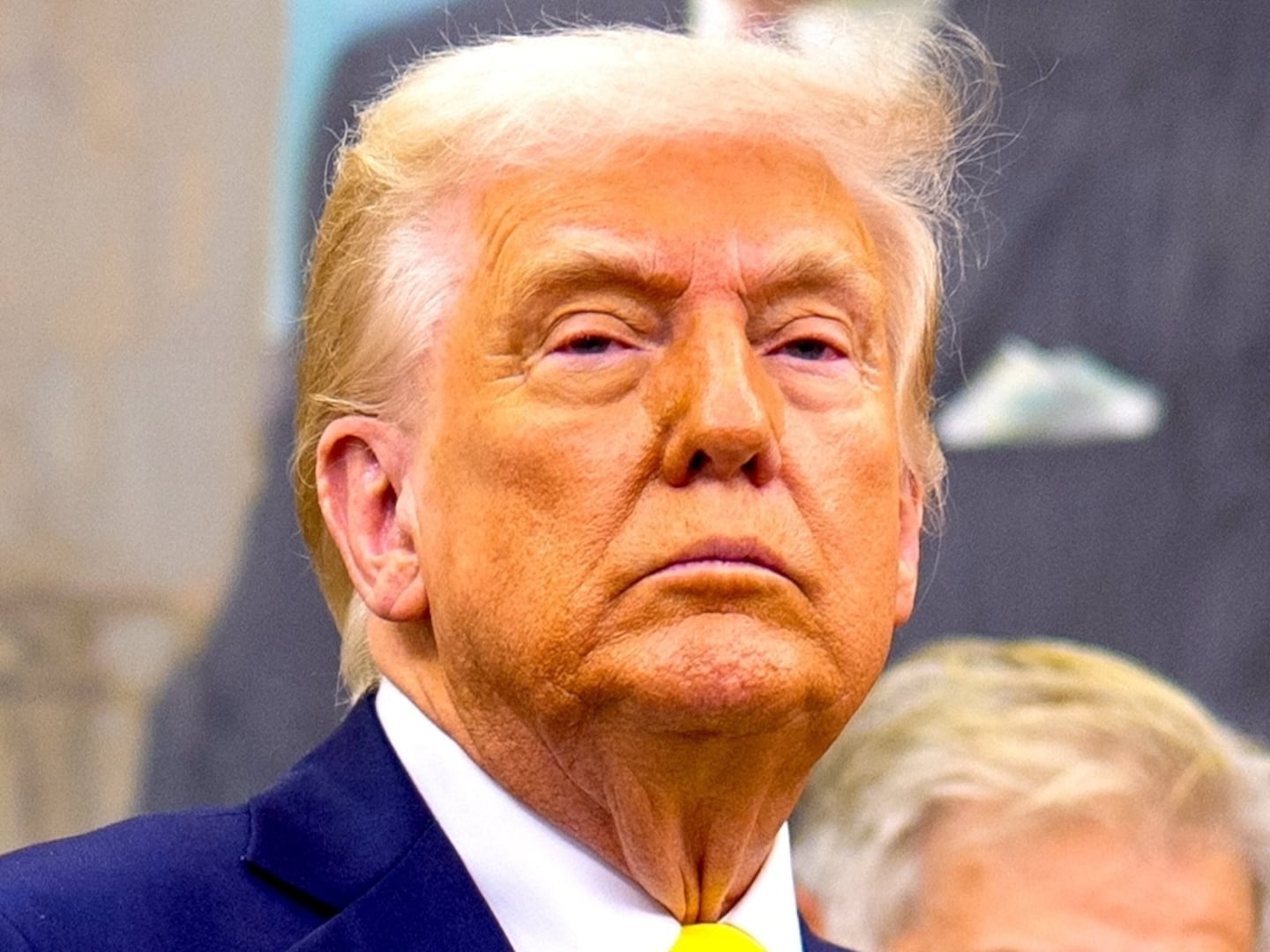The most difficult maneuver to pull off in war is to retreat under fire. The entertainment equivalent of this is to revitalize an aging TV show. Once a program has entered its dotage, its producers generally find themselves in a no win/no way out situation, whereby if they change anything, they risk alienating the fans they still have, or worse, looking desperate. If they change nothing, their decline is preordained.
Which is why very few shows risk any sort of serious change until the decline is too far along to be checked.

For Fox's American Idol, however, the moment when it was more dangerous to hide in the foxhole than to charge the enemy fortress came at the end of last season. After four consecutive years of declining ratings, and general wobbliness across the Idol empire culminating in an extremely bland Season 9, the unthinkable, seemingly final, blow came with the departure of Idol's iconic star— evil judge Simon Cowell.
However, even as the ink on the obituaries was drying, plans were hatched to do the impossible to turn American Idol around. Now, with the addition of Steven Tyler and Jennifer Lopez to the show, the producers have both restored order and even brought excitement to a judges' panel that seemed reeling out of control after the ill-fated runs of Ellen DeGeneres and Kara DioGuardi. And its ratings erosion has slowed.
At the end of this year, if the current trend holds, American Idol will break All in the Family's record of six years as the No. 1 show on television, officially becoming the most dominant show in TV history. Its reign has no end in sight
It wasn't that last year's contenders were uniformly awful, but as a group, they looked like a high-school class on a forced field trip to a water treatment facility.
How did they pull it off? Here are the secrets to American Idol's geriatric comeback.
The Return of Nigel Lythgoe
Far greater than the drama seen onscreen each season was the long simmering clash of wills between Cowell, American Idol's star, and Nigel Lythgoe, Idol's executive producer who ran the show. Once close enough to vacation together in the Caribbean, the years had put a strain on the relationship of two men very used to steering their own ship.
During the show's seventh season, both men say that relations broke down after a heated argument over whether to put a particular contestant, Kyle Ensley, through to the semifinals. (Cowell voted yes because he wanted to pick on the kid; Lythgoe, who won the fight, voted no because he wanted to focus on talent.) The erupted feelings could never settle, and at the season's end, Lythgoe announced he was leaving to focus on his own show, So You Think You Can Dance.
The years that followed in which Lythgoe's producing partner, Ken Warwick, helmed American Idol solo, saw a production that seemed to careen out of control. Running past its allotted time period became the norm. The judges' panel went through a musical chairs that became more awkward with every tweak. Finally, last season, Idol's annus horribilis, the wheels fell off the cart entirely. The judges, contestants, host, and production all appeared lost in their own separate worlds with nothing pulling the show forward. Elimination nights were a grim slog toward pointlessness.
The departure of Cowell, however, meant that the way was clear for the return of Idol's great dictator in Lythgoe—and the difference has been immediately evident. The pacing of each episode has once again been tight and sprightly, with the judges contributing to the central excitement rather than stealing attention away.
There is a feeling that Idol is once again playing to win. Staring into the abyss, knowing that this was the one real chance they were going to get to revamp the show, all the players have delivered a season that, thus far, feels fresher than it has in years.
Judicial Restraint
In filling the empty chairs, the producers knew they needed judges with genuine star quality, as well as proven track records producing hits. While no one had heard of Cowell when the show launched, eight years later, he had made his seat too big to be filled with another unknown. However, the pitfalls of bringing in a celebrity were many: Would they be too big to get their hands dirty with the work of the show, or unwilling to risk looking like bad guys?
Further, they sensed that the Mean Judge role had run its course. It is hard to remember just how revolutionary "telling the truth" on TV was when Simon Cowell first appeared on the U.S. airwaves. But a decade later, Idol producers had the feeling that audiences would be ready for a judge who was a little less... judgmental. (For his part, even Cowell seems to agree. Viewers of the U.K. version of The X Factor see a much gentler Simon than Idol viewers came to love.)
Clearly, the transition at the judges' desk could not have gone better. Steven Tyler has not only provided the Osbournes-like thrill of hanging out with a rock god, but he has taken the job seriously. He has been focused and engaged throughout the audition episodes. While being funny and playful, he has managed to shine the light back on the contestants rather than stealing it as the previous panel often did.
The how-does-the-show-survive-without-Cowell talk was probably overstated to begin with. Before a show begins, people will always look backward at the seasons past, but once it starts, they engage—or don't—with what's in front of them. That said, Tyler's unhinged goofy energy has seemingly wiped Cowell's memory off the boards. And Jennifer Lopez thus far has proved a magnetic presence, doing nothing to embarrass herself, if little yet to truly distinguish.
One caveat: With the first of the live shows last week, there were renewed rumblings of Cowell-nostalgia, as the judges rewarded a series of mediocre performances with raves. People may be ready for constructive over nasty, but a few more weeks of similar free passes and viewers might just start to remember why they liked the mean guy in the first place.
The Talent Pool
It wasn't that last year's contenders were uniformly awful, but as a group, they looked like a high-school class on a forced field trip to a water treatment facility. The one breakout star, Crystal Bowersox, had her greatest moment of notoriety when it was reported she tried to quit the show. The eventual winner, Lee Dewyze, mined the lower registers of enthusiasm all season long. Between them, it seemed like a race that no one was playing to win.
This year, the contenders have already proven energetic, and the audience is responding, with half a dozen developing breakout followings across the Internet, even before the finals have begun.
Restoring the Narrative
When Idol debuted, it was pretty clear what the story of the show was: an audition for a giant recording contract. Since then, the point of the exercise has been lost, buried under a popularity contest, preening judges, and bloated guest performers. With all the elements that have been added to the show, it is no wonder that voters have lost sight of Idol's central mission and have bestowed their favors on the cutest boy, or the guy they'd like to see win, with little thought of whether they will have any interest in his musical career to follow.
The result has been a disconnect between the show and the albums its winners produce, with the millions who cast votes for the cute white boy dynasty failing to show up at iTunes to support them—Kris Allen and Lee Dewyze, most of all—once the season ends.
Thanks to this, Idol's promise—to bestow bona fide stardom on its winners—is no longer credible. It has been five years since (non-winner) Chris Daughtry left the show to become the last contestant capable of filling arenas.
This season, from the very start, the show has re-focused itself on resurrecting that narrative. The judges have seemed serious about finding a legitimate hit act in the audition haystack. The addition of fearsome producer and record executive Jimmy Iovine into the mix—so far, just glimpsed—promises that molding and sizing the contenders against today's recording world will once again be the central task of the Idol season.
In the end, the season's true test won't play out until many months after the winner is declared; if the show can, once again, as it did so often in its first five years, produce a true star, Idol's comeback will be one of legend.
And if it doesn't, in September, television will welcome back another man who has been confounding the critics for years, with the return of Simon Cowell and the American debut of The X Factor.
Richard Rushfield is a four-year veteran of the American Idol beat and the author of a memoir, Don't Follow Me, I'm Lost . His new book, American Idol: The Untold Story, goes behind the scenes of the most popular TV show of the decade.

